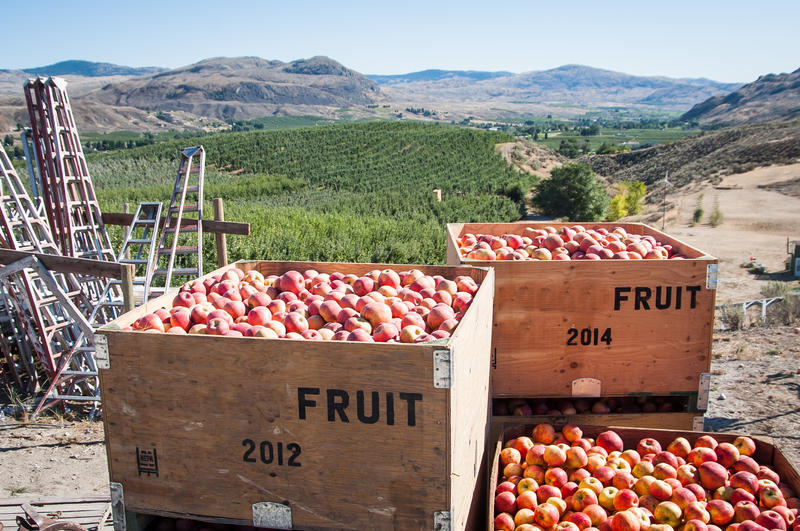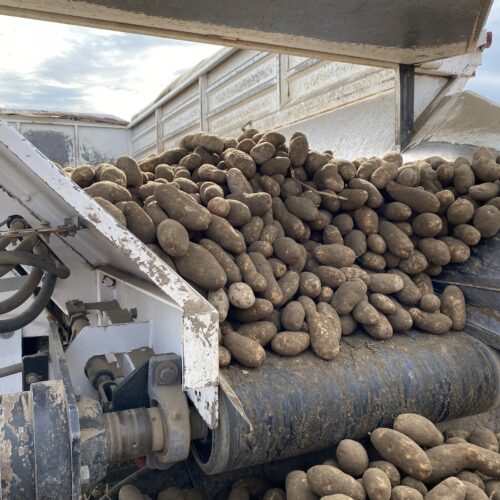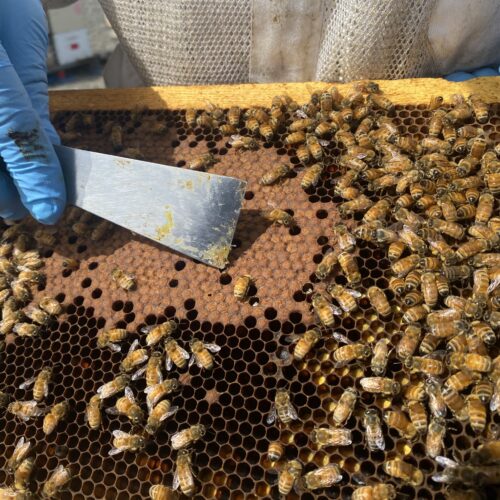
Washington Apple Growers Fret Over Possible Chinese Tariffs
Listen
With China threatening to slap the United States with tariffs on $3 billion worth of U.S.-made products, one group that is worried is Washington state’s apple farmers.
The state’s growers export a third of their crop to more than 60 countries around the world, and China has been one of their biggest customers. According to statistics gathered by the Washington Apple Commission, China was the sixth largest international apple market for the state between 2013-2016.
According to Todd Fryhover, the commission’s president, many growers support President Donald Trump — but they are worried about the prospect of China imposing tariffs in response to U.S. trade pressure.
“You know we’re always in support of our government, no matter who’s in power. And obviously, free trade is something that we all push and look forward to. But we’re gonna be cautious and wait, remain supportive of the president and his administration and see what happens,” he said.
Fryhover said apple growers are also concerned about changes to the North American Free Trade Agreement. Mexico is by far the largest international market for Washington apples, according to the commission.
Note: This story has been updated to include more descriptive language about the nature of the possible Chinese tariffs.
Copyright 2018 Northwest News Network
Related Stories:

Tumbleweeds sold for big bucks on popular home decor website causes chuckles in the Northwest
Tumbleweeds are torched at the Hanford cleanup site in southeast Washington in the early part of this year. (Credit: U.S. Department of Energy) Listen (Runtime 4:35) Read Fire Chief Nickolus

Year-old Northwest potatoes are being dumped in favor of new potatoes
Columbia Basin potatoes move on a belt during harvest in 2021. (Credit: Anna King / NWPB) Listen (Runtime 1:02) Read For two years, Northwest farmers didn’t have enough potatoes for

Fewer Northwest bees shipped to California’s almonds could be a buzzkill for Washington and Oregon crops
Brandon Hopkins, a bee researcher with Washington State University, points May 15 with his hive tool to the new bee larvae cells where baby bees develop in the hive near















